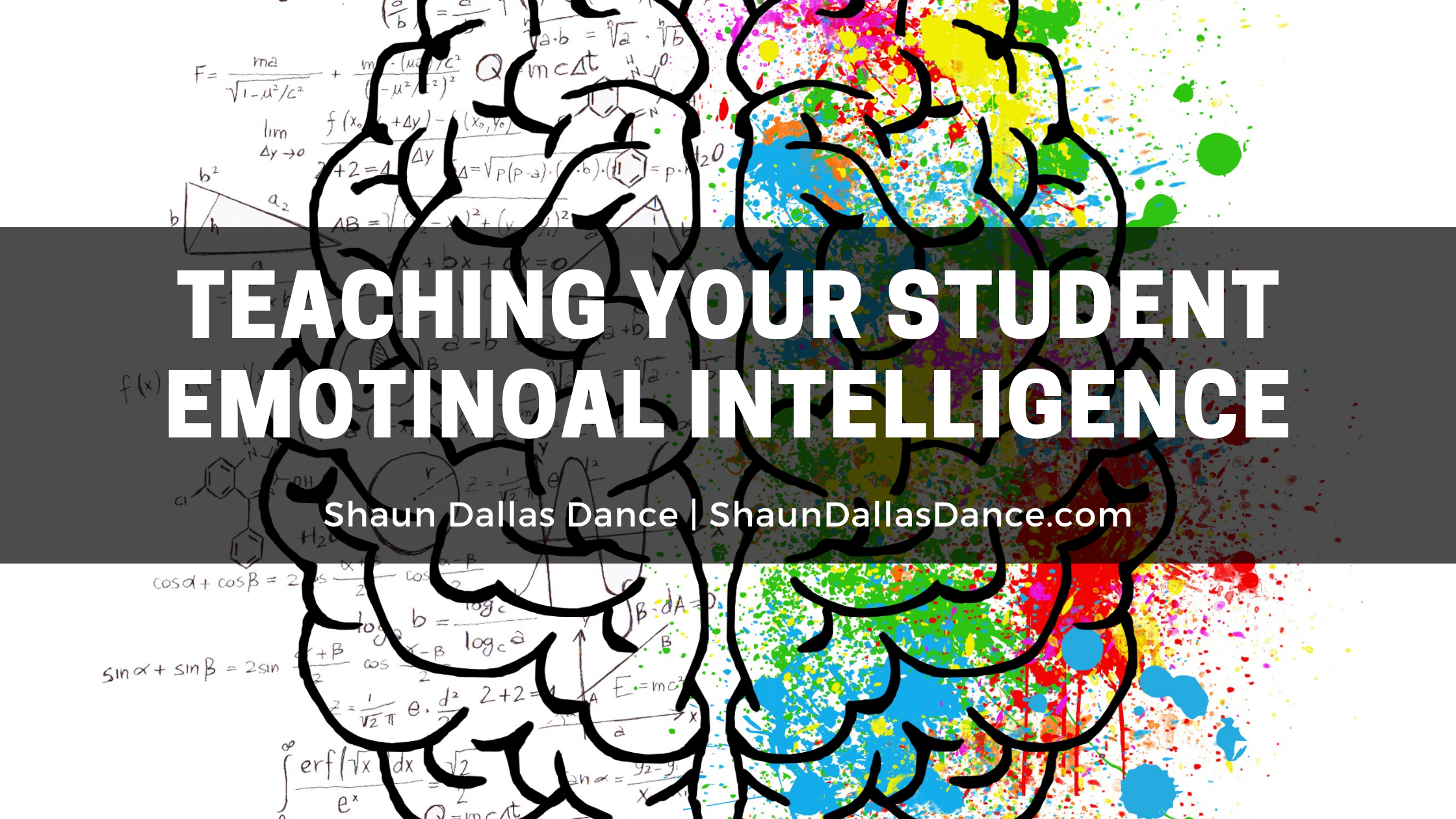When most people think of the word intelligence they associate it with the academic definition. People are often scored using metrics like intelligence quotients, also known as IQ scores, and most of the conversations are about the left-brain, activities of the prefrontal lobe, factual data, and statistics. The problem with this methodology is that it ignores the human capacity for right-brain feelings and emotions felt in the amygdala portion of the brain. Our ability to identify and manage emotions, both in ourselves and others, is known as emotional intelligence.
There are three main skills to master in the area of emotional intelligence. The first is awareness. Much like all other aspects of self-discovery, awareness is the first step. For some people, this is an easy exercise. For others, being able to identify and name their emotions is a major obstacle. This might be for a variety of reasons, but a strong sense of self is required in order to manage this first skill.
Once emotions are identified, the next skill is the ability to control them. A person can have as many emotions as possible, there is no “wrong” or bad emotion. Every emotion is ok. The trouble lies when actions are controlled by unregulated emotions. Harnessing and regulating emotions is the next skill to master when learning emotional intelligence. It’s important to take all of the energy and use it in an effective way.
The S.T.O.P. acronym is a useful tool for remembering emotional regulation. Stop everything as soon as you feel yourself getting heated and upset by a negative feeling or emotion. Next, take a deep breath and refrain from doing anything other than focusing on your calm breathing. Then, objectively view the situation without any judgments or emotion. Simply observe the facts. The very act of doing this engages your prefrontal lobe instead of your amygdala and brings you out of an emotional state. Finally, proceed in a way that is effective and will work to solve the issue in a positive manner.
Once a person has a high emotional quotient (EQ), their interactions with people in every aspect of life can change. Not only can it help with interpersonal relations, networking, and job performance, but it makes the practitioner much more empathetic when they see another person struggling with their own emotional intelligence. Not only will it help them interact in a kinder way, but it will also give them a chance to pass along their knowledge.
This article was originally published at https://shaundallasdance.com/


